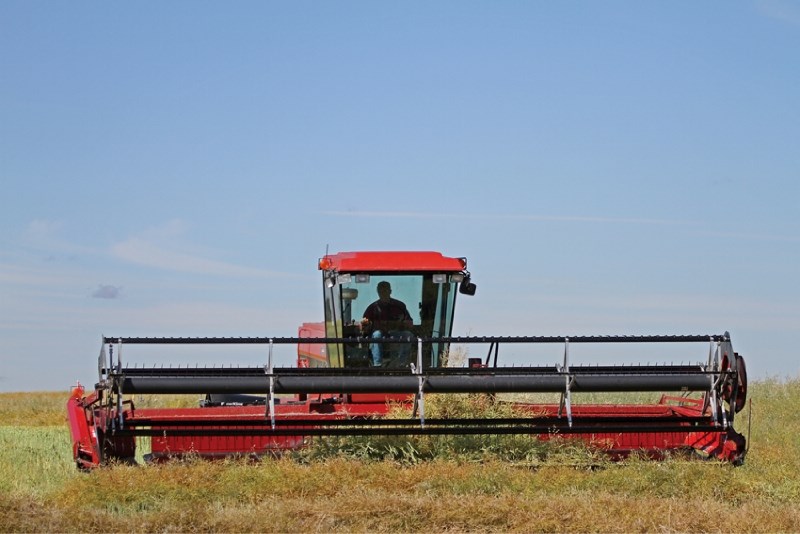It’s often said that farmers will stop at nothing to get the work done.
But the long days, strenuous manual labour, and constant challenges that come with farming can easily take a physical and mental toll. That’s why it’s crucial for farmers to be aware of their limitations. Ignoring limitations can heighten the risk of injury or illness, leading to additional challenges on the farm.
Everyone has limitations. Understanding and acknowledging your limits will benefit your physical and mental well-being, as well as your farm, family, and workers.
Be aware of physical limitations
Physical labour goes hand in hand with farming, but that doesn’t mean it should jeopardize your well-being.
Physical capabilities are unique to every individual. Everyone has their own limitations of what they are physically capable of, and performing work beyond those personal limitations can lead to injuries – for both yourself and others working with you.
To stay aware of physical limitations, conduct a job safety analysis for yourself or other workers before starting any new work on the farm to assess ability and risk. The main steps for a job safety analysis are:
• Break a job into individual tasks.
• Determine the minimum ability required to perform each task safely.
• Identify any potential hazards.
• Identify the personal risk factors of the person performing the work.
• Determine actions to eliminate or control hazards.
Keep in mind that limitations will inevitably change over time, so it’s essential to assess your physical capabilities periodically and have workers do the same. After all, there’s no benefit to getting injured just because you pushed yourself too far.
Keep stress in check by learning to say no
We all encounter stressful situations, but too much unmanaged stress can create a crisis. It’s crucial not to dismiss stress as something that “will pass.” Don’t wait to take action until you’ve reached or passed your limitations for tolerating stress.
Though it’s impossible to eliminate stress completely from our lives, there are ways to prepare for and cope with stress before it negatively impacts your well-being. One of the ways to help stay within your limits is knowing how and when to say “no.” Taking on more than you can handle is a guaranteed way to find yourself stressed or facing burnout. Take the time to consider whether something is beneficial for you or your farm. If it isn’t, there’s nothing wrong with prioritizing your well-being and saying “no” or “not right now.”
Other tips for managing stress include:
• Recognize the emotional and physical signs of stress becoming too much. Writing down the signs can help.
• Conduct an inventory of your stress to understand the stressful situations you can control and deal with.
• Learn to accept the stressors that are beyond your control.
• Make time for self-care. Remember that self-care isn’t an indulgence; it’s a basic necessity for mental wellness.
• Take control of your environment. Recognize situations that are stressful triggers for you and find ways to mitigate them.
• Know that you’re not alone. Identify your support system and reach out to let others know how you are feeling.
Farming is incredibly rewarding, but it’s never been called easy. Knowing your limitations isn’t about taking “the easy road” and avoiding hard work. It’s about prioritizing your own well-being along with the needs of your farm. Always remember that your farm’s success is dependent on your well-being. For more farm safety information and resources, visit agsafetyweek.ca.



